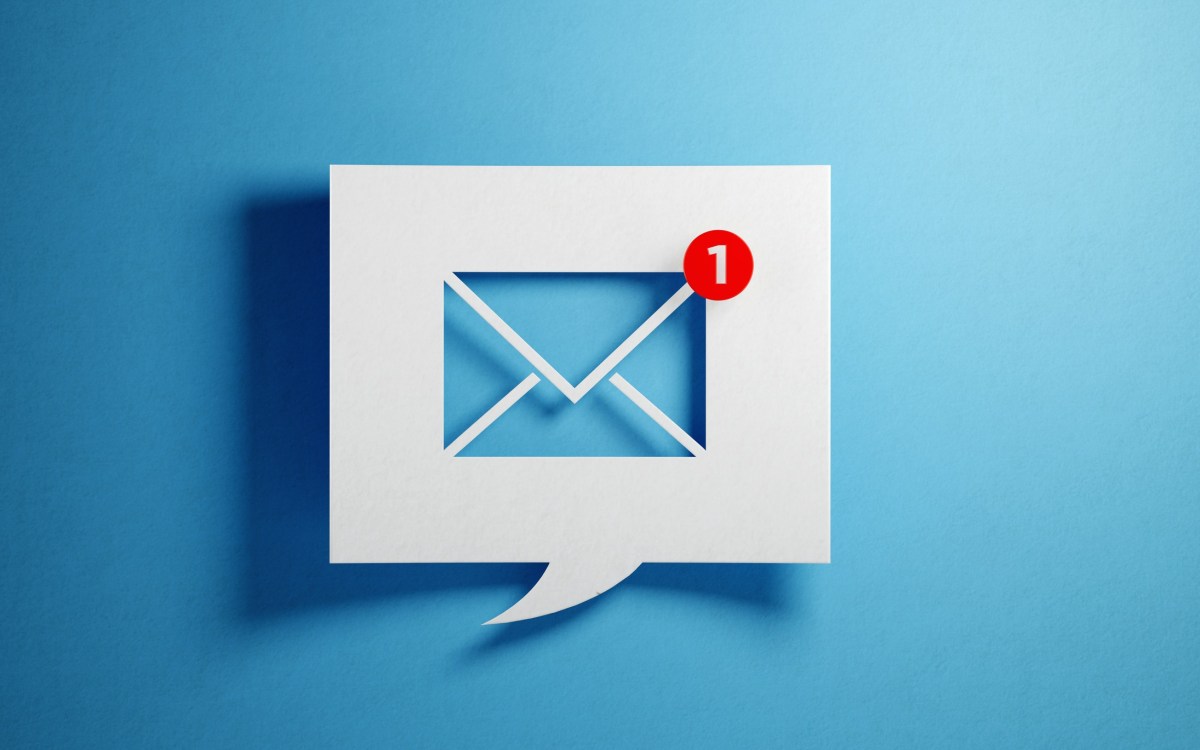COVID-19 has thrust the world into uncharted waters, and while we can’t foresee how things will unfold, one thing we do know for certain is that with less discretionary spending happening, retailers need to adapt their communication strategies to remain relevant, and not risk upsetting or alienating their customers and stakeholders during this challenging time.
Nobody is immune from the current crisis and just as business owners and retailers are worried, so too are their customers.
Given 80% of retail professionals indicate that email marketing is their greatest driver of customer retention, it’s vital they learn how to adapt their tone and content to reflect the current climate. Many of the standard communications retailers relied on only a matter of months ago to engage subscribers have now been rendered redundant.
Overly promotional and salesy type messages aren’t going to generate the same type of responses they once would have. In fact, they’ll likely frustrate subscribers — who are looking for information and relevant services and deals, not opportunistic marketing.
For many retailers, this will likely mean getting in touch with subscribers less often — unless you have something of value to communicate or offer, consider not reaching out at all. This isn’t a situation to be seen to be capitalising on.
Only send emails when you have a valid message
It goes without saying that businesses, in particular retailers, need to be able to market their products and services in order to survive, and email remains a highly effective and cost-efficient way to do this. However, retailers shouldn’t see the current crisis as an excuse to reach out to subscribers without a valid message. When it comes to email, you need to be thinking of the customer first — what are their concerns and needs right now, how are these changing, and can I provide them with what they’re looking for?
Think about your language and tone
Retailers also need to be particularly conscious of the language they use. Don’t send emails with subject lines like, “we’re here for you”, that lack substance and don’t offer information around how you intend to help them. Develop your tone to speak the new language of your subscribers. Make sure your dialogue is relevant and sensitive to their needs and consider avoiding sarcasm (even if it’s intended to be humorous) — communicating with empathy, positivity and compassion is the safest option right now.
Many businesses have begun adjusting their language accordingly, with Validity Inc. research demonstrating a shift in specific word usage in the time since the crisis began. In late March, some of the most used words in email were ‘new’, ‘now’, ‘day’, ‘today’, and ‘sale’. This is in contrast to the first week of April where we’ve seen terms like ‘COVID’, ‘coronavirus’, ‘update’ and ‘home’, appear on par with words like ‘new’ and ‘free’.
Be relevant
If you’re a fashion retailer, think about the type of products people need right now for the environment they’re operating in. For example, you’d be much better off sending a helpful promotion for comfortable casual clothes people can wear around the home, then cocktail dresses at this point in time.
Short and sweet
There’s no need to belabour the situation — everyone knows that there is a global pandemic happening and customers aren’t relying on their favourite retailers for breaking news, they understand what you can do for them. In a similar vein, avoid overly long emails. State your message, whether it be an impact to services or a new offering, and don’t waste words applauding your response to the situation.
Keep up to date
As mentioned, subscribers are unlikely to be relying on businesses for breaking news on the crisis, however given the situation is changing rapidly in terms of restrictions on businesses easing and the rules around capacity in public spaces changing, you need to make sure you’re accessing current information regularly and not making any unfounded and potentially dangerous statements. Keeping up to date with the situation as it unfolds will also help you to anticipate how your customers’ needs might change and to start preparing for this.
Provide more ways for people to get in touch
Customers will understandably have a lot of questions during this time — is their gift voucher still valid, how does this impact the length of their membership, are they eligible for a refund? Retailers need to be prepared for a surge in enquiries and should be proactive in reaching out to their customers and explaining the different channels and resources they can access for support. Don’t hide from customers and make them work hard to get in touch with you, be upfront about how they might be affected and provide them with options for what to do next.
Getting email right in the current climate is critical for all retailers. Communications that come across as insincere or self-serving can cause long-term reputational damage and a lack of trust from your customers. Be sincere, well-informed, and helpful, because if you’re seen as trying to capitalise on the crisis, complaints are guaranteed to spike while sales will fall.
Guy Hanson is vice president for customer engagement at Validity Inc

